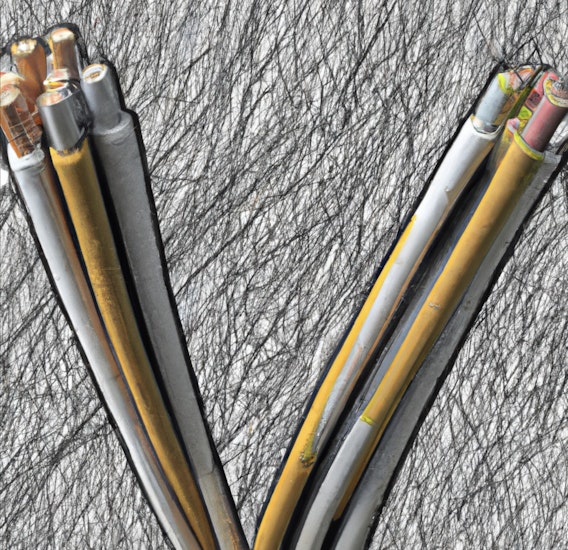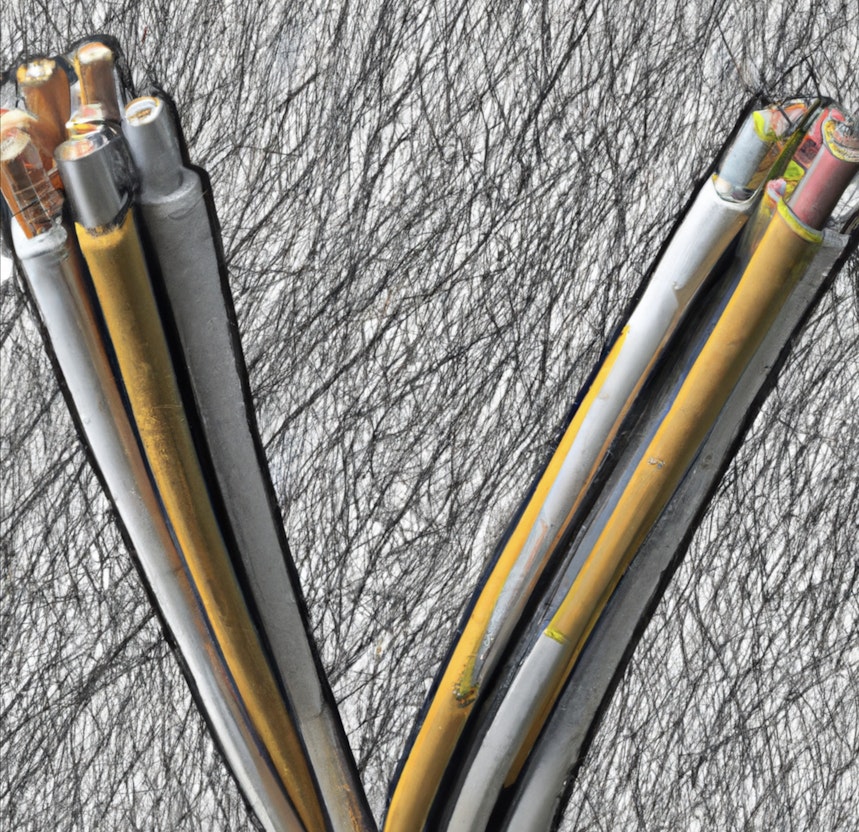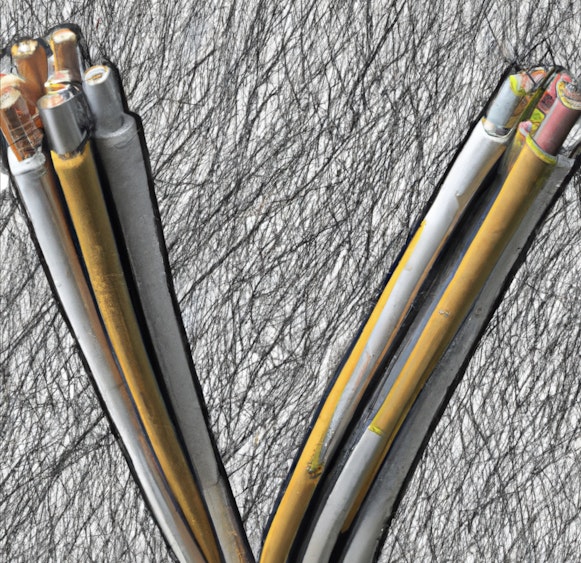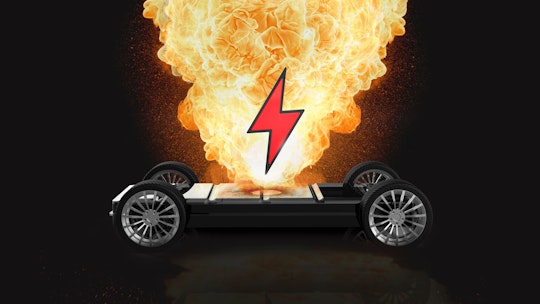


5 CABLE INSULATION FACTS YOU DIDN'T KNOW
04 Jan 2023
Jonathan Carroll B.Eng(Electrical)
Director & Engineering Manager
Australian Standards AS/NZS 5000.2: Electrical Installations - Time-Dependent Materials and Applications
Cable Insulation
Cable insulation is an essential component of any electrical system, but there's more to it than meets the eye. Here are five things you may not have known about cable insulation and how it could potentially save your life.
Different types of insulation serve different purposes.
Not all insulation is created equal. Different materials are used for different purposes, such as rubber insulation for high-voltage cables, plastic insulation for damp environments, pvc insulation for industrial and outdoor use, or xlpe insulation for high-voltage cables with excellent electrical and mechanical properties. It's important to choose the right type of insulation for the job to ensure the safe transmission of electricity.
Thicker insulation can handle higher voltages.
The thickness of the insulation on a cable is an important factor in determining its overall rating. Thicker insulation can withstand higher temperatures and voltages, making it suitable for use in high-voltage applications.
Cable insulation helps prevent electrical fires.
Electrical fires are a serious risk, and cable insulation plays a key role in preventing them. Insulation helps to prevent electrical shorts, which can cause sparks and potentially start a fire. By choosing cables with proper insulation and maintaining them regularly, you can help reduce the risk of electrical fires.
Cable insulation has a limited operational life.
Cable insulation is not indestructible. It can deteriorate over time due to factors such as age, exposure to the elements, or damage. The operational life of cable insulation is specified in the australian standards as/nzs 5000.2, which states that the operational life of cables should be at least 25 years. It's important to regularly inspect and maintain your cables to ensure that the insulation is in good condition and able to perform its protective function.
Cable insulation is important for personal safety.
Cable insulation is not just there to protect your electrical system - it's also there to protect you. Proper insulation helps to prevent electric shock and other accidents that could potentially be fatal. By understanding the importance of cable insulation and making sure your cables are properly rated and maintained, you can help keep yourself and others safe.
In conclusion, cable insulation is a crucial component of any electrical system, serving to protect the conductive wires and ensure the safe transmission of electricity. By understanding the different types of insulation, the importance of thickness, and the potential risks of deterioration, you can help ensure the safety and reliability of your electrical system.

